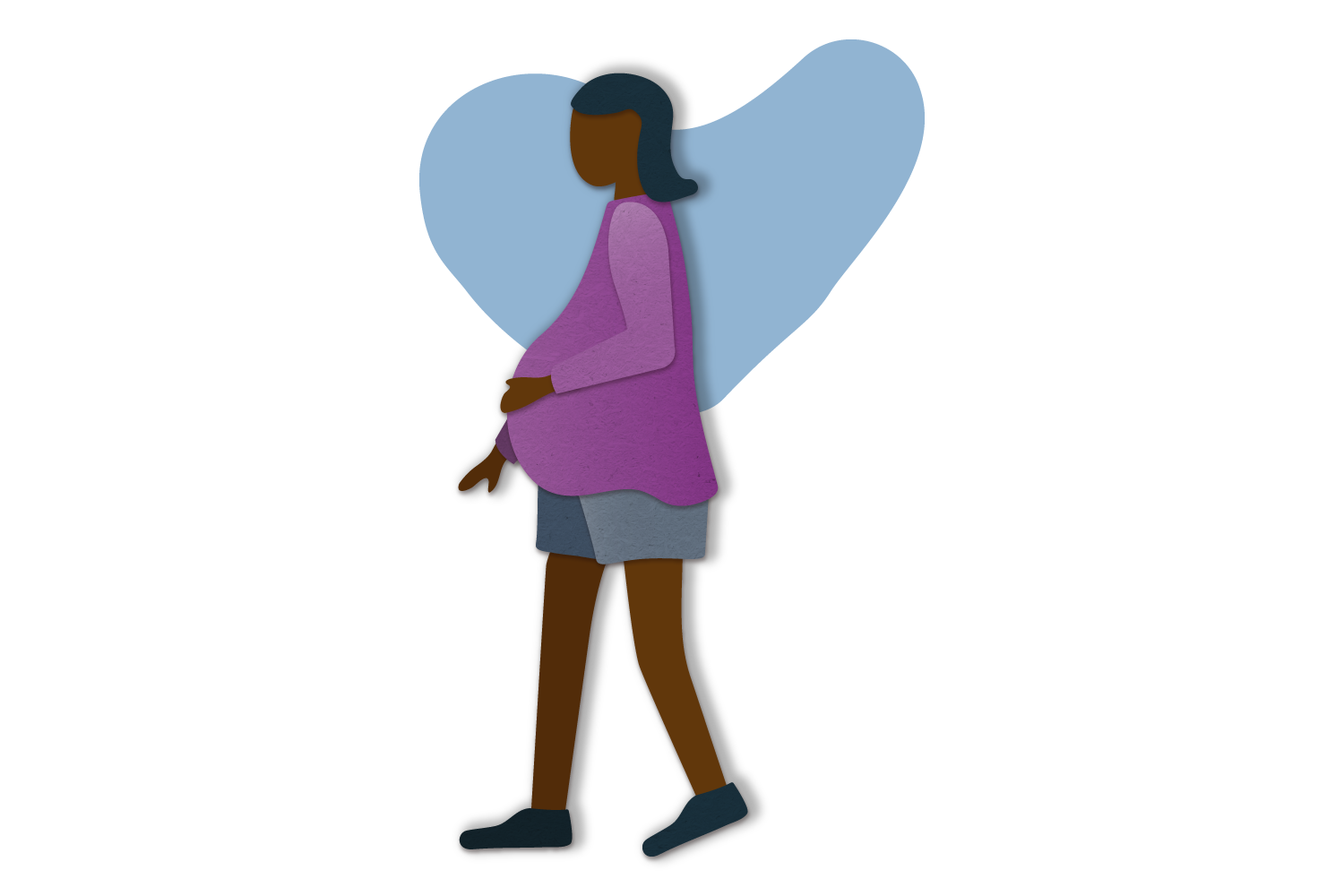
We help people with autoimmune diseases to have healthier lives, healthier pregnancies, and healthier families.
-

The Context
Around 8% of people in the U.S. have an autoimmune disease. Around 80% of people with autoimmunity are women. Our research studies seek to improve the reproductive health and well-being of women with autoimmunity.
-

What do we know?
Among women with autoimmune diseases:
-Well-controlled disease predicts healthy outcomes for mom and baby, but some diseases can worsen during pregnancy
-Birth control is safe and effective, but many women don’t use it because they’re worried about how hormones will affect their disease
- Many medications are safe to use during pregnancy and lactation, but some medications are not safe for a baby
-More and more women are using fertility treatments to become pregnant and have concerns about the effects on their autoimmune diseases
-Women of color and/or women who have low incomes have worse pregnancy outcomes than other women with autoimmune diseases.
-

The Problem
More research is needed about pregnancy, breastfeeding, menopause, fertility, and hormone safety among women with autoimmune diseases.
Our team studies how to help all women with autoimmunity to have safe and healthy reproductive lives.

Mission & Goals
Research Mission
To help people with autoimmune diseases have healthier lives, healthier pregnancies, and healthier families.
To help women from socially marginalized backgrounds-- particularly those with autoimmune and other chronic diseases-- to have healthy pregnancies and reproductive lives.
To engage in high-impact projects that redefine the standards of reproductive healthcare for people with autoimmune and other chronic diseases.
To understand how health policies affect the reproductive outcomes of people with autoimmunity and other chronic diseases.
To remain rooted in our principles of reproductive justice and cultural humility.
Our Team’s Approach
We collaborate closely with rheumatologists and other clinicians, researchers, students, and community members.
We include people from diverse backgrounds in our research so that our research reflects the needs of everyone.
We study a range of autoimmune and other chronic diseases to improve healthcare for people with rare diseases.
We learn and teach about reproductive justice and autonomy, which provide a foundation for respectful reproductive healthcare.

High-Impact Projects
Led by Mehret Birru Talabi, MD PhD, our team’s major resources include:
Leadership (as co-Principal Investigator) of a six-year, NIH-funded, six-year, $13 million Maternal Health Research Center of Excellence at the University of Pittsburgh (the EMBRACE Center); a growing research registry of reproductive-age females with autoimmune diseases (REINA); dedicated senior research staff; and collaboration with a multidisciplinary community of scholars locally and nationally, including the Center for Innovative Research on Gender Health Equity (CONVERGE).
Dr. Birru Talabi’s clinical focus is on the care of patients with reproductive health issues within the specialties of rheumatology and internal medicine (e.g., pre-pregnancy planning, pregnancy, postpartum, contraception, menopause). Through this clinical focus, Dr. Birru Talabi seeks to improve reproductive healthcare and health outcomes for people with autoimmune and other chronic diseases.
